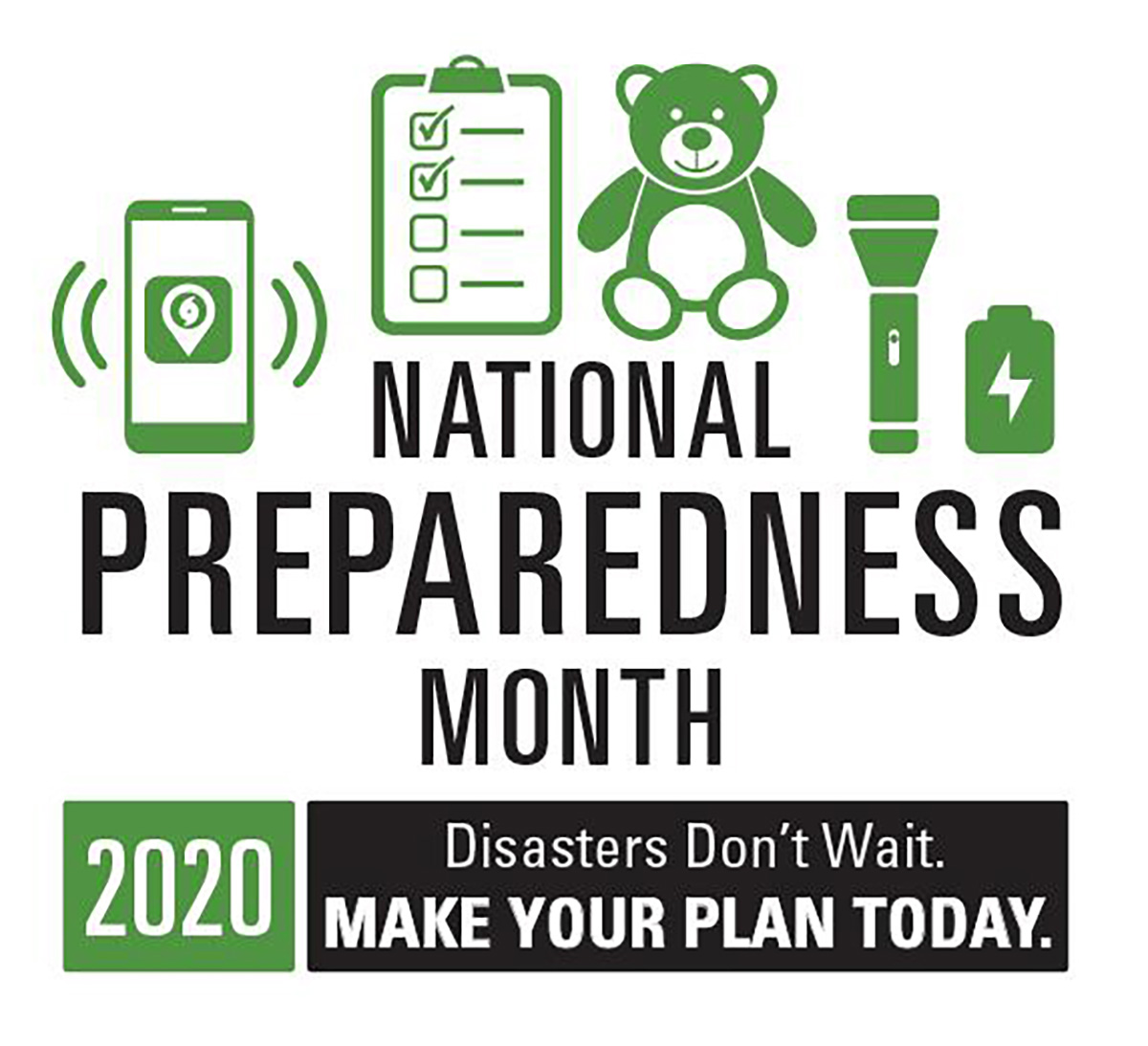
By Soni Cochran, Extension Associate in Lancaster County
September is National Preparedness Month and this year’s theme, Disasters Don’t Wait. Make Your Plan Today, reminds us of the importance of preparing for disasters including unexpected financial emergencies. Whether it is an unexpected car repair, medical bill, family emergency or loss of income, these expenses can create a financial emergency for you and your family.
Just as we prepare for a natural disaster by creating a communication plan or emergency kit, you can also take steps to protect yourself in the event of a financial emergency. Here are some suggestions from https://ready.gov
WHAT YOU CAN DO NOW
• Start an emergency savings account. Start small by adding $5 or $10 a week. Teach your kids this skill so they are one-step ahead.
• Make a budget to estimate your expenses and income. Reduce debt by making regular payments (of at least minimum due) and pay bills on time to maintain a good credit rating.
• Review your insurance coverage including renters or homeowners, health and flood insurance. Flood insurance may take 30 days to go into effect. Review your insurance policies regularly.
• Create and/or update your emergency plan. Learn more at https://ready.gov. For financial preparedness resources, download the Emergency Financial First Aid Kit (EFFAK). The EFFAK is a joint publication from Operation Hope and FEMA. EFFAK is a free resource designed to help reduce the financial impact of disasters on you and your family. To access EFFAK and to learn more, visit http://www.ready.gov/financial-preparedness.
• Keep important records safe including important receipts. You can store records digitally, in a password-protected format, on an external hard drive or flash drive. Store your devices in a fireproof and waterproof box or safe. Consider using a secure cloud-based service to store your records. To learn about encrypting information, visit the United States Department of Homeland Security website https://us-cert.cisa.gov/ncas/tips/ST04-019.
• Take photos or video of your property, household items and valuables in case you need to repair, replace or rebuild after a disaster. Store photos and videos in a safe location as you would other important records.
• Keep a little cash in a secure location you can access in the event of an emergency. During a disaster, banks or ATM’s may not be accessible.
• Work with a qualified financial counselor to learn more about how to organize your finances before and after a disaster.
DURING A DISASTER
• Use the emergency savings you set aside for essentials like food, gas and temporary lodging.
• Contact your credit card companies and lenders to learn about payment options so you can avoid late fees, interest charges and protect your credit. Negotiate with your lenders for payment extensions.
• Reach out for help — visit https://disasterassistance.gov to find out if you qualify for disaster relief. If there has been a disaster in your community, visit a Disaster Recovery Center for important resources and support from FEMA. You can also dial 2-1-1 for help finding resources in your community. Other assistance includes food banks and faith-based organizations.
AFTER A DISASTER
• Make a list of all your property damage and contact your insurance company as soon as possible.
• If it applies to your situation, file a flood insurance claim and work with your insurance adjuster and insurance agent to go through the process.
• Prioritize your spending and take inventory of your credit cards.
• Turn off utilities if you are unable to live in your home.
• Be on the lookout for scams following a disaster.
• Research tax breaks to see if you qualify.
DISASTER FINANCIAL STATISTICS
• Six out of 10 households in America experience at least one financial emergency each year (FEMA). For more information to help you and your family prepare for the possibility of a financial emergency or disaster, visit https://ready.gov/prepare.
• Almost half of all Americans would struggle to come up with $400 to help cover an emergency.
• About one-third of American families do not have any savings.
Source: Be Prepared for a Financial Emergency, FEMA (August, 2019): http://www.ready.gov/sites/default/files/2020-03/fema_be-prepared-financial-emergency.pdf